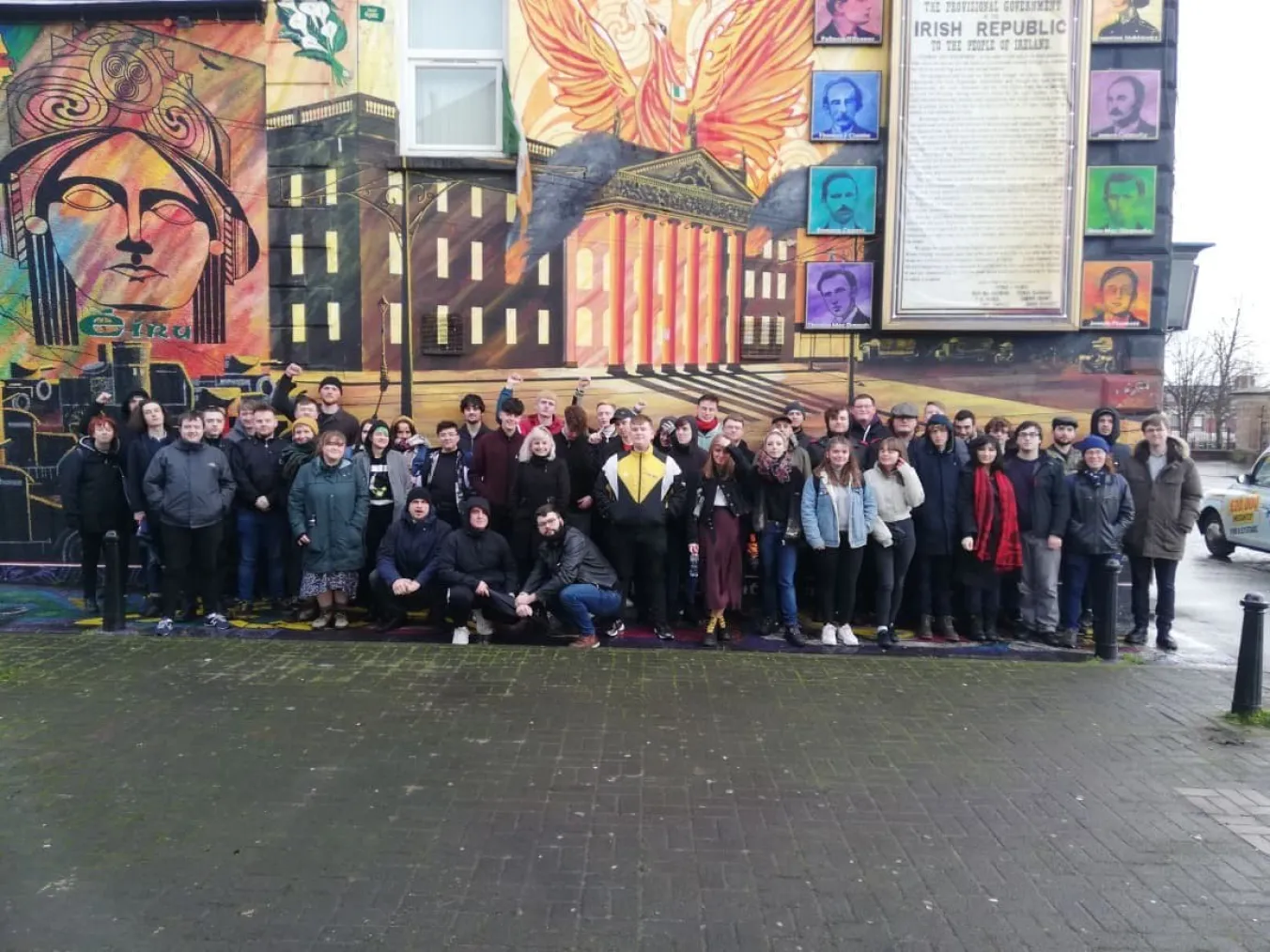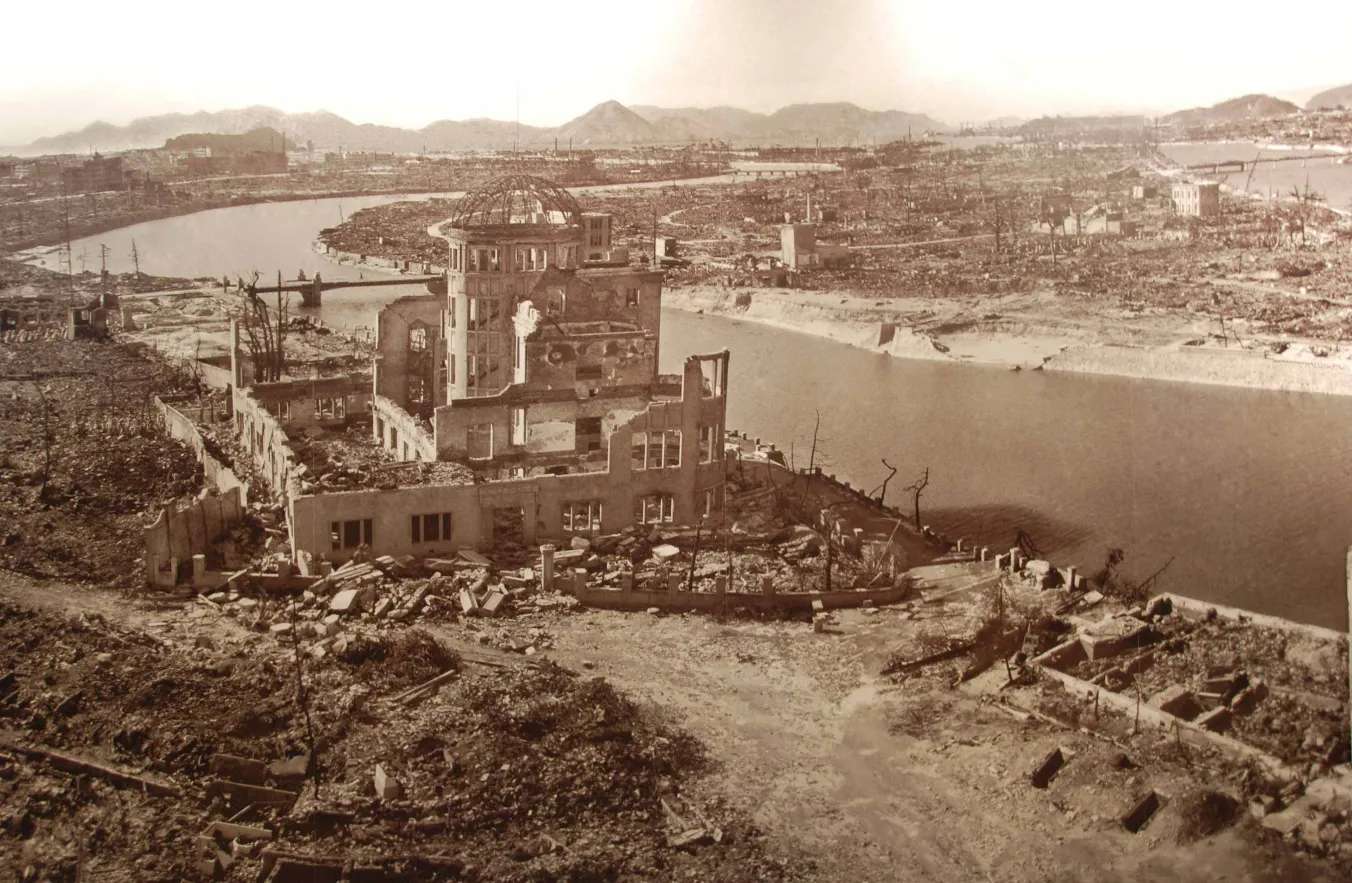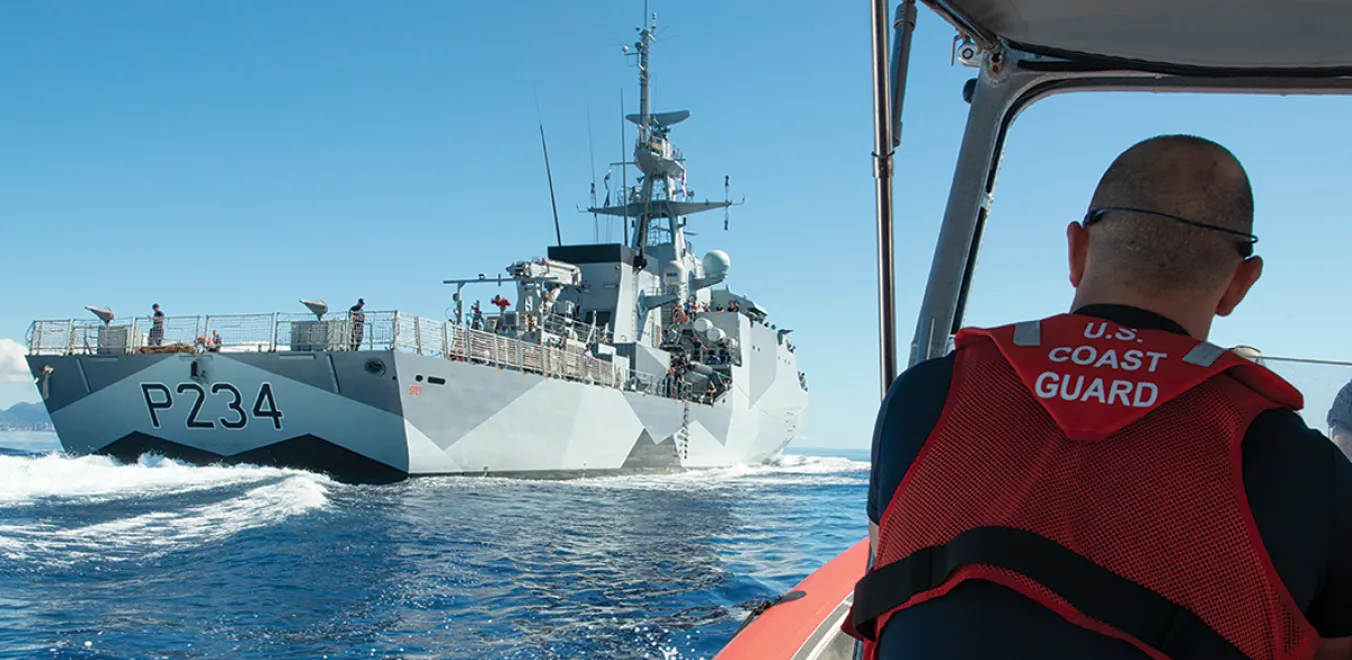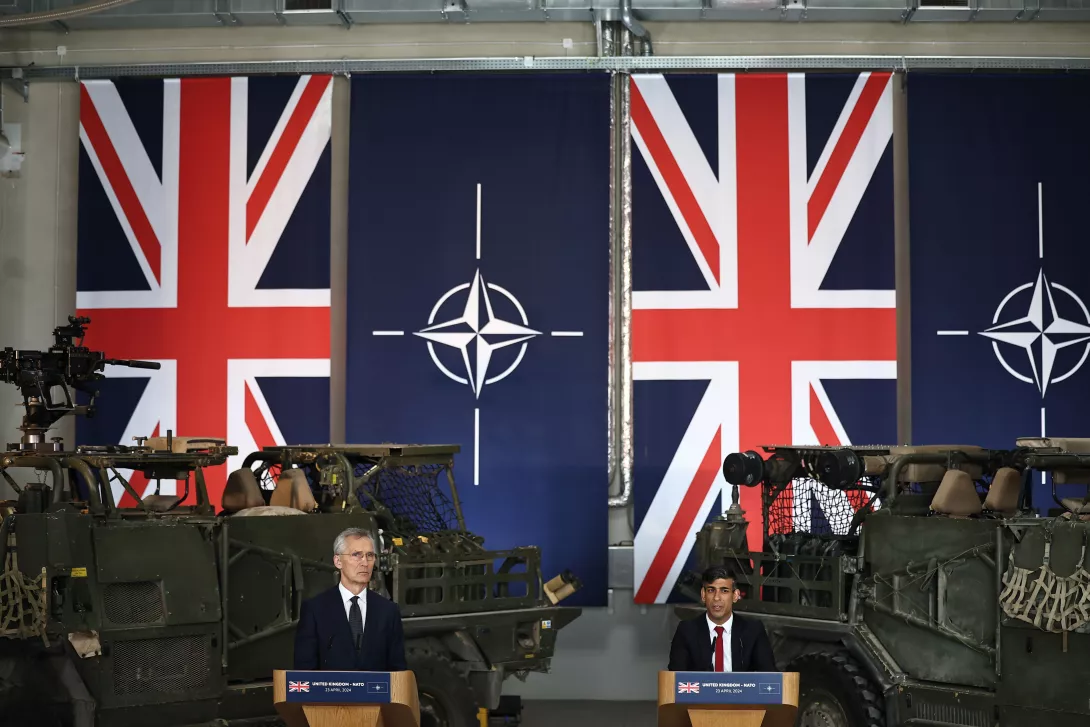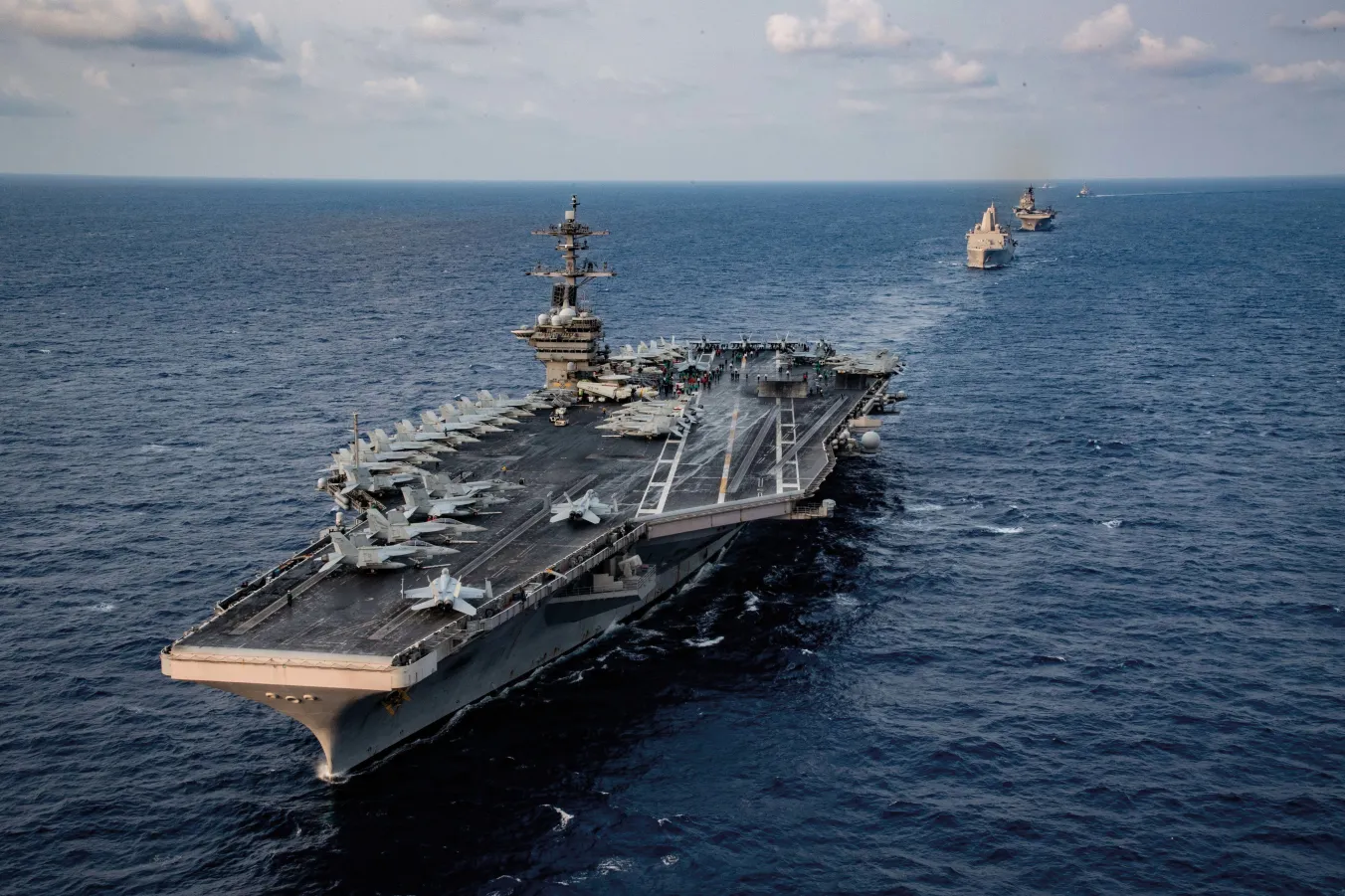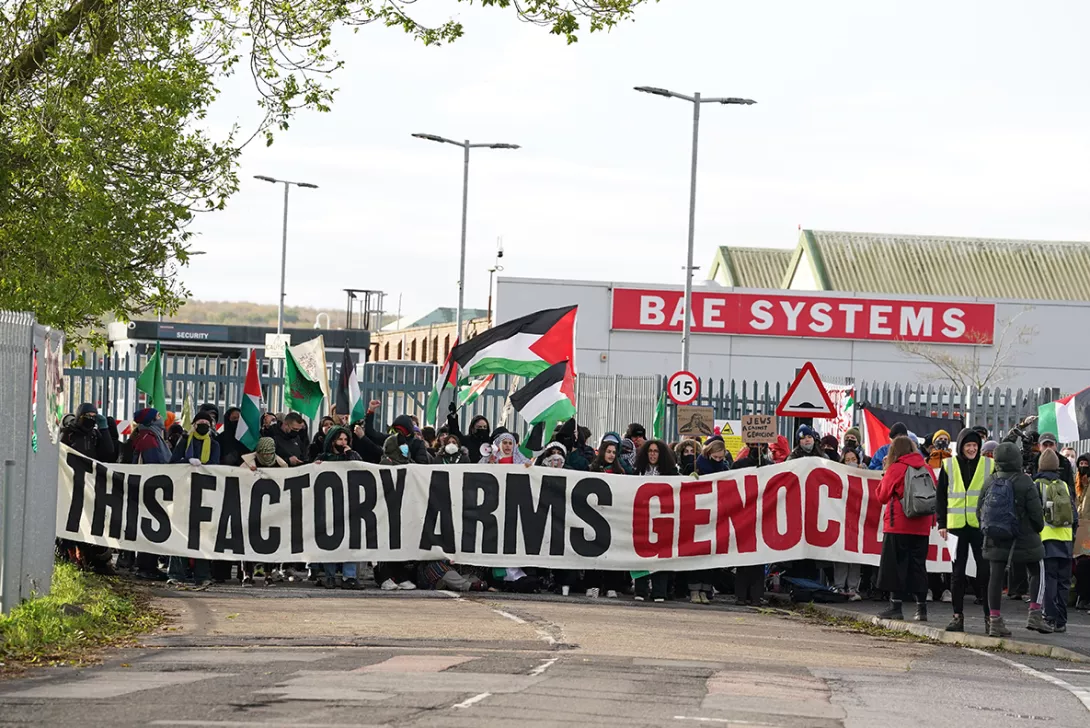
THE world may, or may not, have been justified in drawing a collective sigh of relief when the US apparently drew back from giving permission for Volodymyr Zelensky to fire British Storm Shadow missiles into Russia.
What is certain is that we remain at one of the most dangerous points of confrontation between the world’s nuclear powers since the 1960s.
This conflict has not come out of the blue. Nor is it confined to Ukraine or the Middle East. Over the past four years, the Indo-Pacific has been drawn into war preparations. And here, as elsewhere, Britain has been a prime mover.
US strategists have long been divided on their approaches to China. Two decades ago the majority opinion was that economic and cultural penetration could bring about some form of capitalist restoration.
Since then China’s dramatic growth, its reaffirmation of its socialist objectives and its creation of developmental alliances with the global South has tipped the balance in the other direction. Not necessarily for war. But certainly for confrontation.
On this front, there has been one particularly dangerous development. Both the US and Russia remain, by and large, officially committed to the Start treaty that still limits, despite its uncertain future, the number of nuclear warheads.
Three years ago a significant change occurred. As the Washington Post revealed in October 2021, a new guidance “fuze” doubled the hit capacity of US warheads, enabling them, for the first time, to pre-emptively destroy all land-based nuclear silos in Russia and China simultaneously. The month before, September 2021, saw the US, Britain and Australia sign the Aukus treaty, initiating a new stage in the militarisation of the Pacific.
It is from this point that we can date a new urgency to Russia’s attempts to protect its Western flank by securing neutrality agreements with Ukraine as well as China’s interventions to mobilise its Brics allies for peace. Now in September 2024, it is Britain that is again leading the charge for widening the conflict.
In the past Britain’s trade union movement has usually been a force for peace. Last week’s TUC resolutions on Palestine marked an important reaffirmation.
Yet it remains limited. The gravity of the situation demands more. As with Boris Johnson in April 2022, Britain’s elected leader is working with the hawks in Washinton to foment war in the heart of Europe when, as Labour leader, his focus should be elsewhere.
The same day he left for Washington, Britain’s Office for Budget Responsibility (OBR) published its damning report on the long-term future of our economy. It highlighted two developments.
One was the collapse over the past decade of Britain’s already very low productivity growth. The second was the lack of investment in health and wellbeing, a finding that complemented Lord Darsi’s devastating report on the NHS. Unless action was taken on these fronts, the OBR forecasted a long-term debt burden equal to 274 per cent of national income.
Yet Keir Starmer’s government, as it cuts essential services to meet Rachel Reeves’s £22 billion “black hole,” remains committed to a 20 per cent increase in defence spending, has signed up to new uncosted joint expenditures on Aukus 2 and £2.3bn military aid to Ukraine.
Will this solve Britain’s productivity problem? Absolutely not. The ownership of “Britain’s” big armaments firms is mainly held by US investment banks. That’s where the money goes.
While they do indeed provide well-paid jobs, their number is very small compared to those being lost in public services, health and education — or prospectively in the high-tech employment urgently needed for any “just transition” to avert climate change. It is this wider challenge, one of both peace and war, that now faces the trade union movement.
